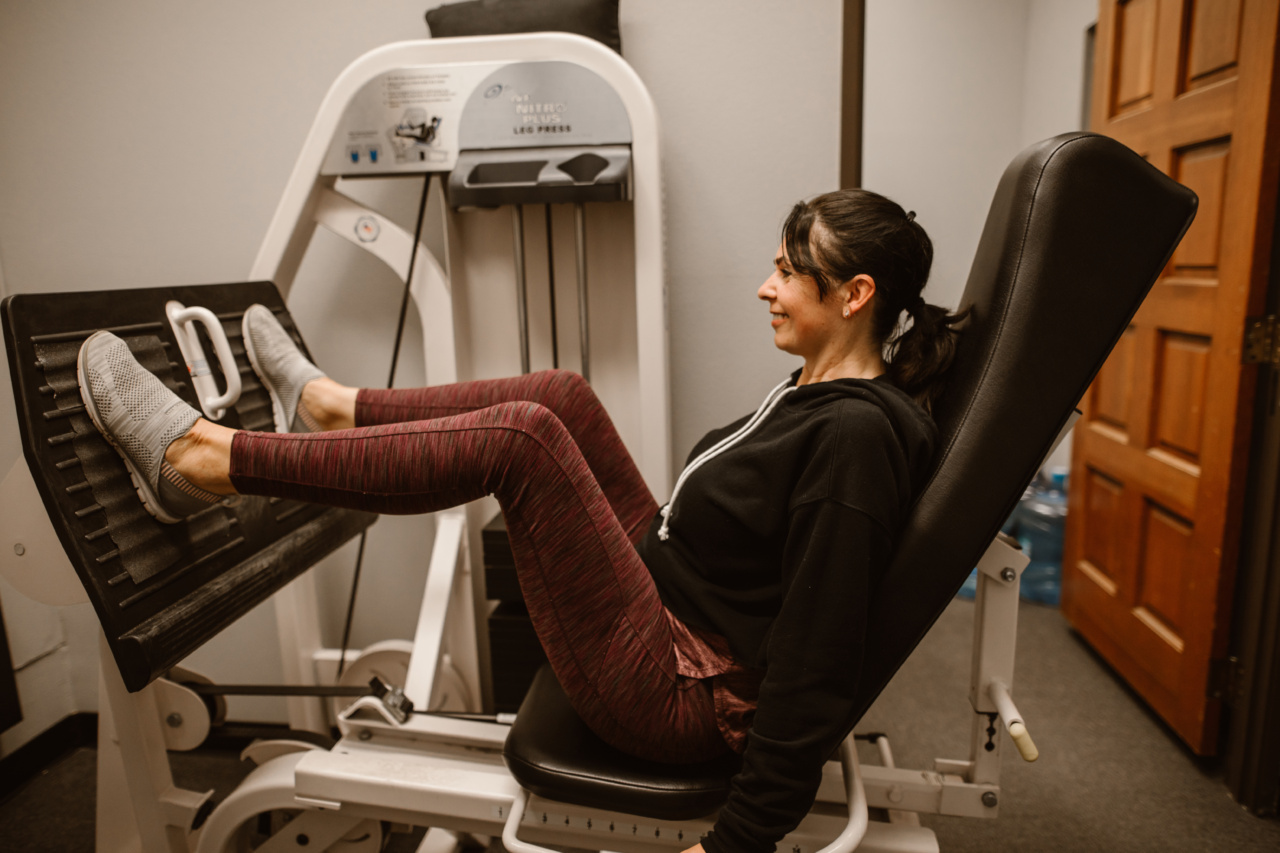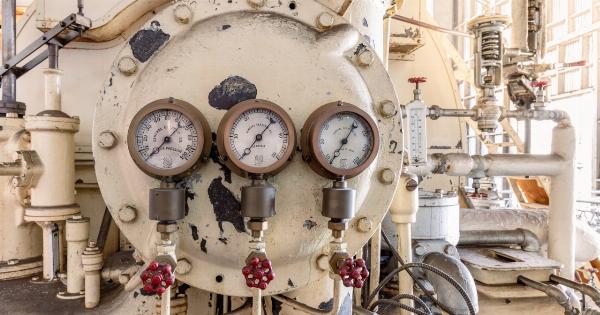The placebo effect has been a topic of discussion among medical professionals for decades. The term “placebo” refers to any treatment that doesn’t actually have an active ingredient.
People often assume that placebos are only used in clinical trials and that they have no real effect on the body. However, recent research has shown that the placebo effect can be a powerful tool that can help people heal both physically and mentally.
What Is the Placebo Effect?
The placebo effect occurs when people experience a response to a treatment that has no real therapeutic value. For example, a patient might be given a sugar pill and told that it is a pain reliever.
Even though the pill has no active ingredients, the patient may report that their pain has decreased. This is the placebo effect, and it is widely regarded as a psychological phenomenon.
While the placebo effect is often seen as a hindrance to clinical trials, recent research has shown that it can also be a powerful tool for healing.
Several studies have found that the placebo effect can help improve symptoms of a variety of conditions, including chronic pain, depression, and anxiety.
How Does the Placebo Effect Work?
The exact mechanisms behind the placebo effect are not yet fully understood. However, studies have shown that the placebo effect is likely to have both psychological and physiological components.
Psychologically, the placebo effect is often attributed to the power of suggestion.
When patients are given a treatment that they believe will be effective, they may experience a sense of hope and expectation that can influence their perception of their symptoms. This, in turn, can lead to an improvement in their symptoms.
Physiologically, the placebo effect is thought to occur through a variety of mechanisms. For example, the brain releases natural painkillers known as endorphins when a person feels pain.
When a person is given a placebo, their brain may release endorphins, which can help decrease their perception of pain.
Another physiological explanation for the placebo effect is that it can activate the parasympathetic nervous system.
The parasympathetic nervous system is responsible for the body’s “rest and digest” response, which can lead to a decrease in heart rate and blood pressure. When a person experiences stress, their sympathetic nervous system is activated, which can lead to an increase in heart rate and blood pressure.
By activating the parasympathetic nervous system, a placebo treatment may help to counteract the effects of stress.
The Role of Expectation in the Placebo Effect
Expectation plays a crucial role in the placebo effect.
Patients who are given a treatment that they believe will be effective are more likely to experience an improvement in their symptoms than those who are given a treatment that they believe will be ineffective.
For example, a study published in the Journal of Psychosomatic Research found that patients who were told that they were receiving a treatment for pain relief reported a greater reduction in pain than those who were not informed that they were receiving a treatment. The study suggests that the mere expectation of receiving a treatment can influence the perception of pain and lead to a reduction in symptoms.
How Can the Placebo Effect Be Used in Medicine?
The placebo effect has been shown to have a variety of potential uses in medicine. For example, physicians may use placebos to help reduce symptoms in patients who have exhausted other treatment options.
Placebos have been shown to be effective in reducing symptoms of several conditions, including irritable bowel syndrome, depression, and migraines.
Additionally, researchers are exploring how the placebo effect can be used to enhance the effects of conventional treatments.
For example, a study published in PLOS ONE found that patients who were given a placebo treatment in conjunction with an active medication reported a greater reduction in symptoms than those who were given the medication alone. The study suggests that the placebo effect can be used to enhance the effects of conventional treatments and improve patient outcomes.
The Ethical Implications of Using Placebos in Medicine
The use of placebos in medicine raises several ethical concerns. One concern is that the use of placebos may be deceptive, as patients are often unaware that they are receiving a treatment that has no real therapeutic value.
Additionally, the use of placebos may be seen as a form of medical deception that undermines the trust between physicians and patients.
Another concern is that the use of placebos may prevent patients from seeking more effective treatments.
If a patient believes that a placebo treatment is effective, they may be less likely to seek out more effective treatments or to take their medications as prescribed. This can lead to a worsening of their condition and can have negative consequences for their health.
The Future of the Placebo Effect in Medicine
The placebo effect is a powerful tool that has the potential to improve patient outcomes. However, its use in medicine must be carefully considered to ensure that it is being used ethically and effectively.
Researchers are continuing to explore the mechanisms behind the placebo effect and how it can be used to improve patient outcomes.
As our understanding of the placebo effect grows, we may begin to see new approaches to healthcare that use the power of suggestion and belief to improve outcomes.
Whether through the use of placebos or other methods, the goal is to help patients heal both physically and mentally and to achieve better overall health.































